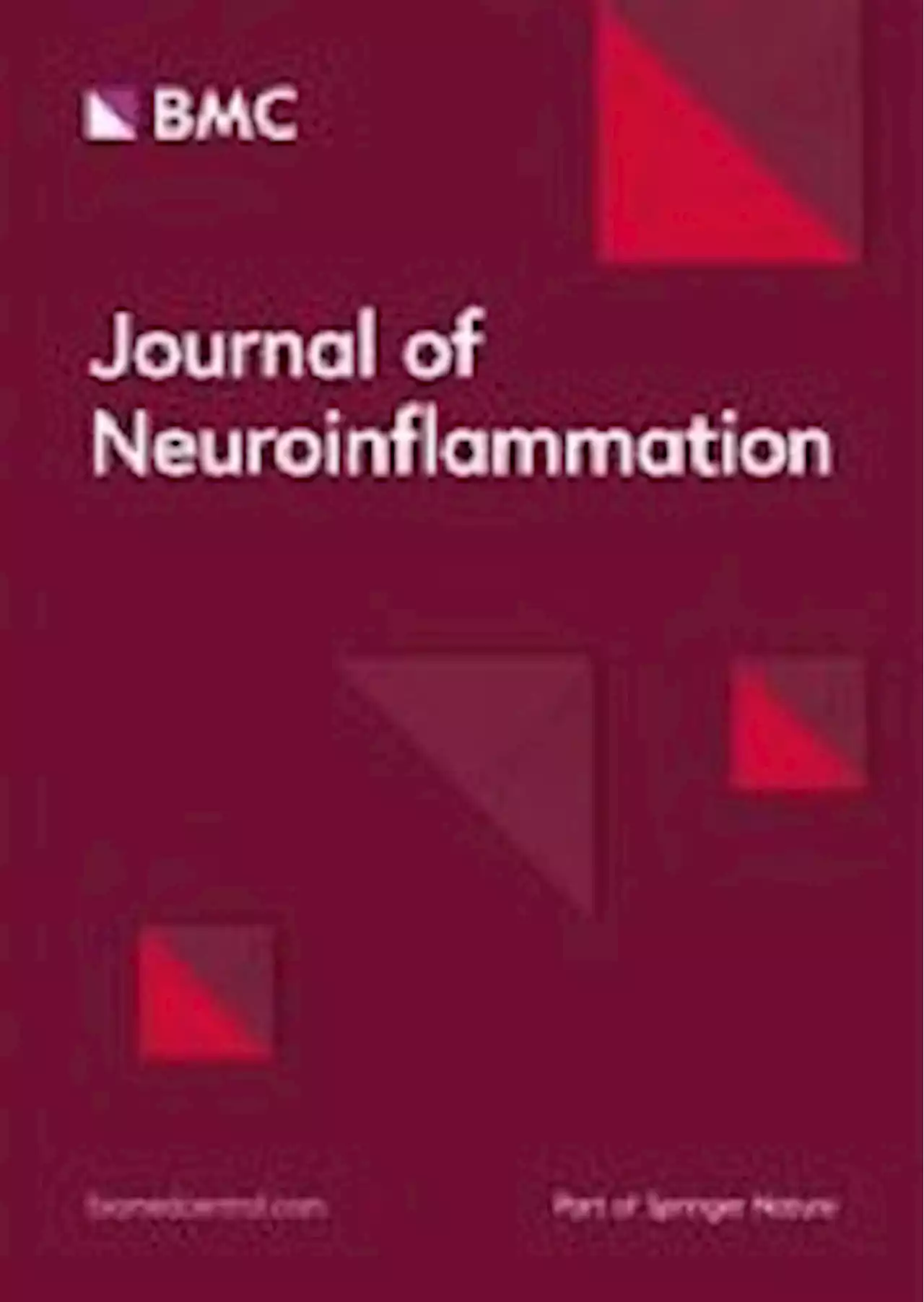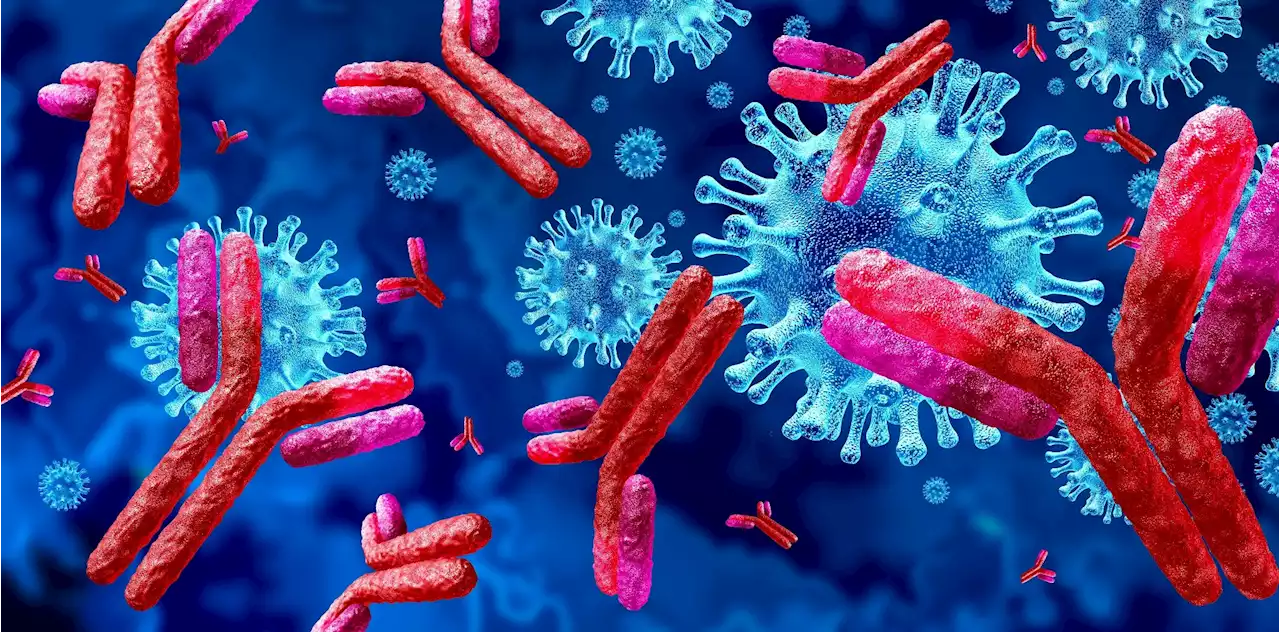Interferon response induced by Omicron BA.1 and BA.5 prevents influenza A infection Influenza Interferon Omicron Coronavirus Disease COVID biorxivpreprint goetheuni UniKent dzif
Study: Omicron-induced interferon signalling prevents influenza A virus infection. Image Credit: Liya Graphics / Shutterstock
About the study The present study used isolates of the SARS-CoV-2 Delta variant and Omicron BA.1 and BA.5 sub-variants to induce an interferon response in primary human bronchial epithelial cells grown in air-liquid interface cultures and primary human monocytes. The ALI HBE cells and the human monocytes were co-infected with influenza A Hemagglutinin Type 1 and Neuraminidase Type 1 and Hemagglutinin Type 5 and Neuraminidase Type 1 strains.
Results Related StoriesThe study results showed that biologically active type I and type III interferons were induced only from Omicron sub-variant infections. The BA.1- and BA.5-induced interferon responses were seen to protect ALI HBE cells and human monocytes from influenza A H1N1 and H5N1 infections.
Additionally, the lack of BA.1-induced interferon response in MDA5 knockout cells indicated that recognition of the double-stranded viral RNA by MDA5 mediates the interferon response in BA.1-infected cells. The inhibition of the JAK/STAT pathway by baricitinib increased the replication of BA.1 in ALI HBE cells but prevented the interferon-mediated suppression of influenza A H1N1 infection.
United Kingdom Latest News, United Kingdom Headlines
Similar News:You can also read news stories similar to this one that we have collected from other news sources.
 COVID-19 and cognitive impairment: neuroinvasive and blood‒brain barrier dysfunction - Journal of NeuroinflammationCoronavirus disease 2019 (COVID-19), caused by severe acute respiratory syndrome coronavirus 2 (SARS-CoV-2), has led to a global pandemic. Although COVID-19 was initially described as a respiratory disease, there is growing evidence that SARS-CoV-2 is able to invade the brains of COVID-19 patients and cause cognitive impairment. It has been reported that SARS-CoV-2 may have invasive effects on a variety of cranial nerves, including the olfactory, trigeminal, optic, and vagus nerves, and may spread to other brain regions via infected nerve endings, retrograde transport, and transsynaptic transmission. In addition, the blood–brain barrier (BBB), composed of neurovascular units (NVUs) lining the brain microvasculature, acts as a physical barrier between nerve cells and circulating cells of the immune system and is able to regulate the transfer of substances between the blood and brain parenchyma. Therefore, the BBB may be an important structure for the direct and indirect interaction of SARS-CoV-2 with the brain via the blood circulation. In this review, we assessed the potential involvement of neuroinvasion under the SARS-CoV-2 infection, and the potential impact of BBB disorder under SARS-CoV-2 infection on cognitive impairment.
COVID-19 and cognitive impairment: neuroinvasive and blood‒brain barrier dysfunction - Journal of NeuroinflammationCoronavirus disease 2019 (COVID-19), caused by severe acute respiratory syndrome coronavirus 2 (SARS-CoV-2), has led to a global pandemic. Although COVID-19 was initially described as a respiratory disease, there is growing evidence that SARS-CoV-2 is able to invade the brains of COVID-19 patients and cause cognitive impairment. It has been reported that SARS-CoV-2 may have invasive effects on a variety of cranial nerves, including the olfactory, trigeminal, optic, and vagus nerves, and may spread to other brain regions via infected nerve endings, retrograde transport, and transsynaptic transmission. In addition, the blood–brain barrier (BBB), composed of neurovascular units (NVUs) lining the brain microvasculature, acts as a physical barrier between nerve cells and circulating cells of the immune system and is able to regulate the transfer of substances between the blood and brain parenchyma. Therefore, the BBB may be an important structure for the direct and indirect interaction of SARS-CoV-2 with the brain via the blood circulation. In this review, we assessed the potential involvement of neuroinvasion under the SARS-CoV-2 infection, and the potential impact of BBB disorder under SARS-CoV-2 infection on cognitive impairment.
Read more »
 SARS-CoV-2 Omicron BA.4.6 resistant to many therapeutic monoclonal antibodies in clinical useIn a recent study posted to the bioRxiv* preprint server, researchers in Taiwan and the United States explore the resistance of a newly emergent severe acute respiratory syndrome coronavirus 2 (SARS-CoV-2) Omicron sub-variant BA.4.6 to the therapeutic monoclonal antibodies currently being used to treat coronavirus disease 2019 (COVID-19).
SARS-CoV-2 Omicron BA.4.6 resistant to many therapeutic monoclonal antibodies in clinical useIn a recent study posted to the bioRxiv* preprint server, researchers in Taiwan and the United States explore the resistance of a newly emergent severe acute respiratory syndrome coronavirus 2 (SARS-CoV-2) Omicron sub-variant BA.4.6 to the therapeutic monoclonal antibodies currently being used to treat coronavirus disease 2019 (COVID-19).
Read more »
 Discovery of antibodies that may eliminate the need for COVID vaccinesIn a recent study published in the journal Communications Biology , researchers evaluated the efficacy of monoclonal antibodies (mAbs) from severe acute respiratory syndrome coronavirus 2 (SARS-CoV-2)...
Discovery of antibodies that may eliminate the need for COVID vaccinesIn a recent study published in the journal Communications Biology , researchers evaluated the efficacy of monoclonal antibodies (mAbs) from severe acute respiratory syndrome coronavirus 2 (SARS-CoV-2)...
Read more »
 SARS-CoV-2 Omicron BA.4.6 resistant to many therapeutic monoclonal antibodies in clinical useIn a recent study posted to the bioRxiv* preprint server, researchers in Taiwan and the United States explore the resistance of a newly emergent severe acute respiratory syndrome coronavirus 2 (SARS-CoV-2) Omicron sub-variant BA.4.6 to the therapeutic monoclonal antibodies currently being used to treat coronavirus disease 2019 (COVID-19).
SARS-CoV-2 Omicron BA.4.6 resistant to many therapeutic monoclonal antibodies in clinical useIn a recent study posted to the bioRxiv* preprint server, researchers in Taiwan and the United States explore the resistance of a newly emergent severe acute respiratory syndrome coronavirus 2 (SARS-CoV-2) Omicron sub-variant BA.4.6 to the therapeutic monoclonal antibodies currently being used to treat coronavirus disease 2019 (COVID-19).
Read more »
